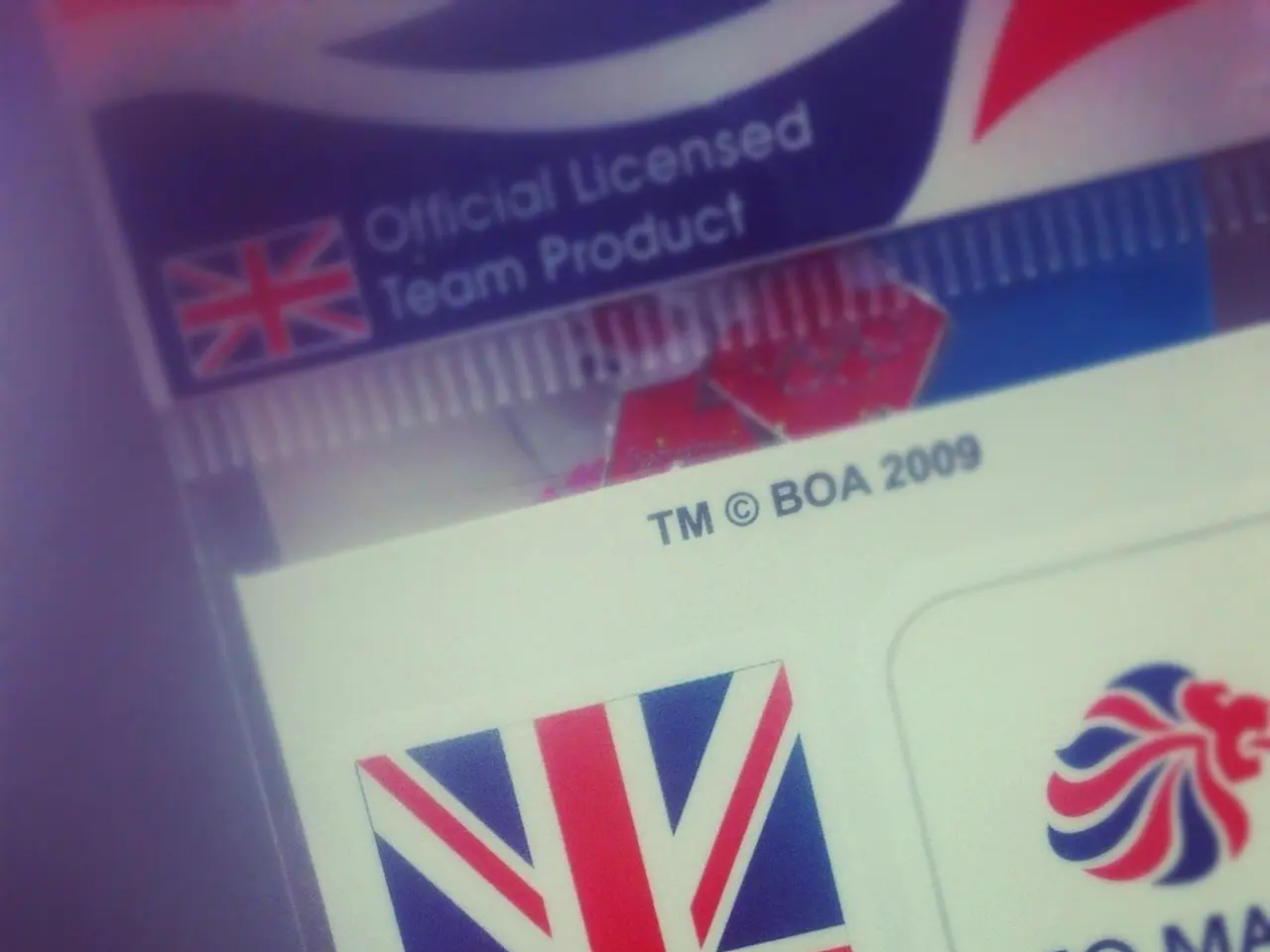Unmask Potential Problems in Distant Transactions
In the ever-evolving landscape of car sales, dealerships are taking significant steps to combat identity theft and fraud. One such dealership, Napleton Automotive, is leveraging technology and human interaction to strengthen its security measures.
The Federal Trade Commission's Red Flags Rule, enacted in 2011, requires businesses involved in credit transactions, including car dealerships, to adopt written plans to detect and respond to instances of possible identity theft. Napleton Automotive is one such dealership that is following this rule diligently.
Mavsign, a vendor used by Napleton Automotive, includes collecting a thumbprint from the buyer as part of its remote-delivery standard operating procedure. This measure, according to Lisa Spring, a manager for Maverick Document Signings, often acts as a deterrent for scammers. Scammers are often deterred when they are informed in advance that they must provide a thumbprint, Spring emphasizes.
To further bolster its defences, Napleton Automotive regularly uses a vendor for online ID verification during remote deliveries. Preston Stewart, national Variable Operations and Compliance Director at Napleton Automotive, uses IdentityMind for online identification verification for remote deliveries. Stewart prioritizes good, solid ID verification, he says.
However, despite these measures, there are instances where dealerships proceed with a sale despite Mavsign raising red flags, increasing the risk of identity theft. If the identity is not verified, the dealership may cancel the deal, but sometimes they do not, according to Lisa Spring. This is a concern that Preston Stewart also expresses, particularly regarding paperwork being sent out randomly to individuals through FedEx envelopes without proper verification of identity.
To address these concerns, dealerships are advised to verify buyers' identities both online and in-person for remote deliveries. On remote deliveries, Mavsign recommends dealers verify buyers' identities first by online means and only then go to the next step with the in-person notary. As an added precaution, Napleton Automotive dispatches a notary public to deliver required paperwork in person, collect customer signatures, and watch for potential "Red Flag" warning signs of fraud.
The Association of Finance and Insurance Professionals and the Association of Dealership Compliance Officers recently hosted a "Red Flags Program" webinar in Colleyville, TX. During this event, Lisa Spring presented anti-fraud tips and best practices for dealerships. One common warning sign of potential identity theft is when the phony customer cites a domestic emergency and changes the location of the document signing and delivery, usually to a different address than the home address on the contract.
The FTC provides templates for businesses to follow to create their own Identity Theft Protection Plan, which can be tailored to incorporate tips and lessons learned. Dealers are encouraged to adopt such plans and continually update them to stay ahead of potential threats, both high-tech and low-tech. Artificial intelligence threats have been in the news recently, but dealerships are advised to be vigilant against low-tech scams such as straw purchases, phony credentials, and fast-talking scam artists attempting remote deliveries.
In the face of these challenges, dealerships like Napleton Automotive are demonstrating a commitment to protecting their customers from identity theft and fraud. By leveraging technology, human interaction, and vigilance, they are creating a safer environment for car buyers.
Read also:
- visionary women of WearCheck spearheading technological advancements and catalyzing transformations
- Recognition of Exceptional Patient Care: Top Staff Honored by Medical Center Board
- A continuous command instructing an entity to halts all actions, repeated numerous times.
- Oxidative Stress in Sperm Abnormalities: Impact of Reactive Oxygen Species (ROS) on Sperm Harm








